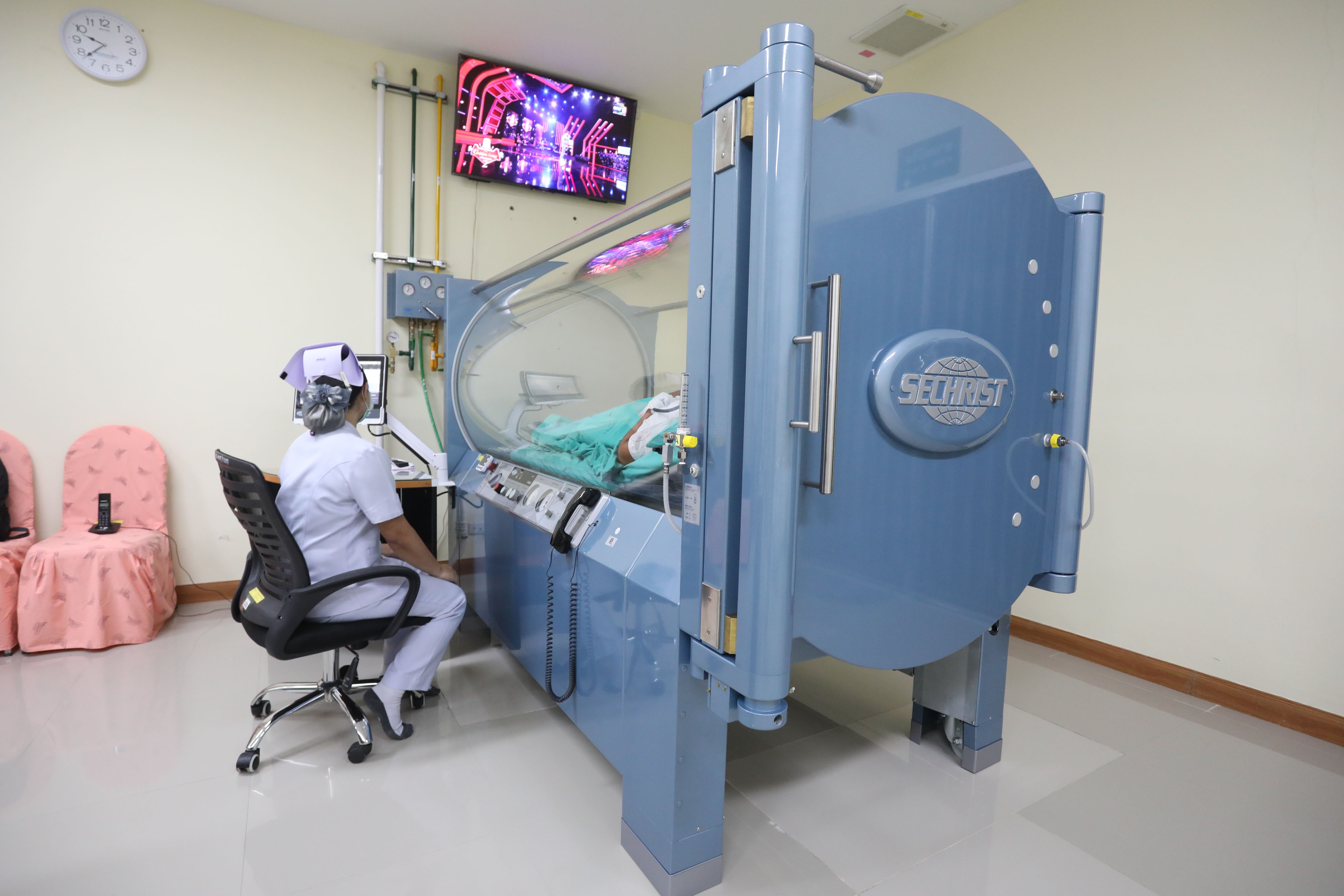
- Home
- DescriptionNews
Ensure health services standard and quality control
.jpg)
Ensure health services standard and quality control
An administrative mechanism is a crucial element of Thailand’s Universal Coverage Scheme (UCS), covering healthcare for nearly 49 million people.
One of the core mechanisms is the National Health Security (NHS) Board (chaired by the Public Health Minister and comprised of multistakeholder representing health providers and purchasers, health professionals, patients, and relevant authorities.
The NHSO board is well known by the public as it determines core health policies and makes decisions on multiple issues, including the introduction of the UCS’ new benefits package and health programs.
But there is another important element of the UCS’s administrative mechanism that is often unknown to the public the Standard and Quality Control (SQC) Board
The main duty of the SQC board is to monitor and evaluate the policies implemented by the NHS board, protect the patients’ rights and provide advice on the scheme’s budget allocation.
To ensure participation and transparency, the SQC board is joined by representatives from multi-sectors, including public and private hospitals, health professionals, patient groups, non-profit organizations, and local governments at provincial, municipal, and district levels.

Dr Supan Srithamma, the SQC board’s chairman, said that the COVID-19 pandemic affected health services quality throughout 2020 and 2021.
The health crisis disrupted most of the essential health services. Health workers must focus on the coronavirus emergency response while patients were unable to visit the hospitals under the social distancing measures.
Under these constraints, health workers found difficulties ensuring health services quality.
On the other hand, members of the SQC board and its regional and provincial offices couldn’t meet hospital staff to provide assistance on monitoring and evaluation.
Despite the challenges, Dr Supan said that the SQC board managed to perform its duties which are,
1. Promote and improve health service quality: The SQC staff worked closely with health providers to ensure health services standards and quality control. During the pandemic, the collaborations were taken online and offline to overcome the social distancing challenges.
In addition, the SQC board set up online and offline channels for patients to complain about unfair and overcharged medical bills.
2. Advice on the NHSO’s budget allocation: The SQC board provided advice to the NHSO board on how to allocate the annual budget for the UCS’ health programs and activities.
Its suggestion helped the NHSO board develop the budget proposal for submitting to the Thai cabinet.
3. Improve the guidelines that help patients settle the dispute with health providers: The SQC board developed the guidelines, which included step-by-step instruction on how patients can submit the complaints and seek compensation or remedies if their rights are violated by health providers.
Currently, patients can submit complaints through channels, including the NHSO 1330contact center, the NHSO’s regional offices, and the provincial health offices. The SQC board also opened 126 complaint Units Section 50 (5) around the country.
4. Scrutinize the compensations for patients experiencing medical errors: In 2021, 1,026 patients requested compensation for medical errors.
The SQC board approved 845 requests or 82% of the submitted complaints.
5. Improve the capacity of SQC regional offices: The SQC board supported the capacity-building activities for its staff in regional and provincial offices.
The activities include training and monthly meeting among the offices’ staff to discuss standard and quality control strategies.
Dr Supan said the SQC’s 2022 strategy will focus on multiple areas.
One of those is to encourage more collaboration between the SQC staff and relevant organizations, including the Healthcare Accreditation Institute under the Ministry of Public Health, the royal colleges, and health professional councils.

The collaboration will improve the implementation of standard and quality control as it involves multi players in the health system, he said.
As of June, the SQC board has achieved some milestones, including finalizing the four-year plan for improving health services standards and quality control (2020-2024).
The plan highlights access to health services for patients living with life-threatening diseases, including diabetes, hypertension, and kidney failure.
It will also promote the quality of health promotion and disease prevention services as well as new health initiatives, including telemedicine and access to primary care at any health unit regardless of the patients’ registered hospitals.
Last but not least, the SQC board has developed quality indicators that have been adopted by the regional and provincial offices. Having the indicators will help SQC board evaluate health providers and their health services effectively.

